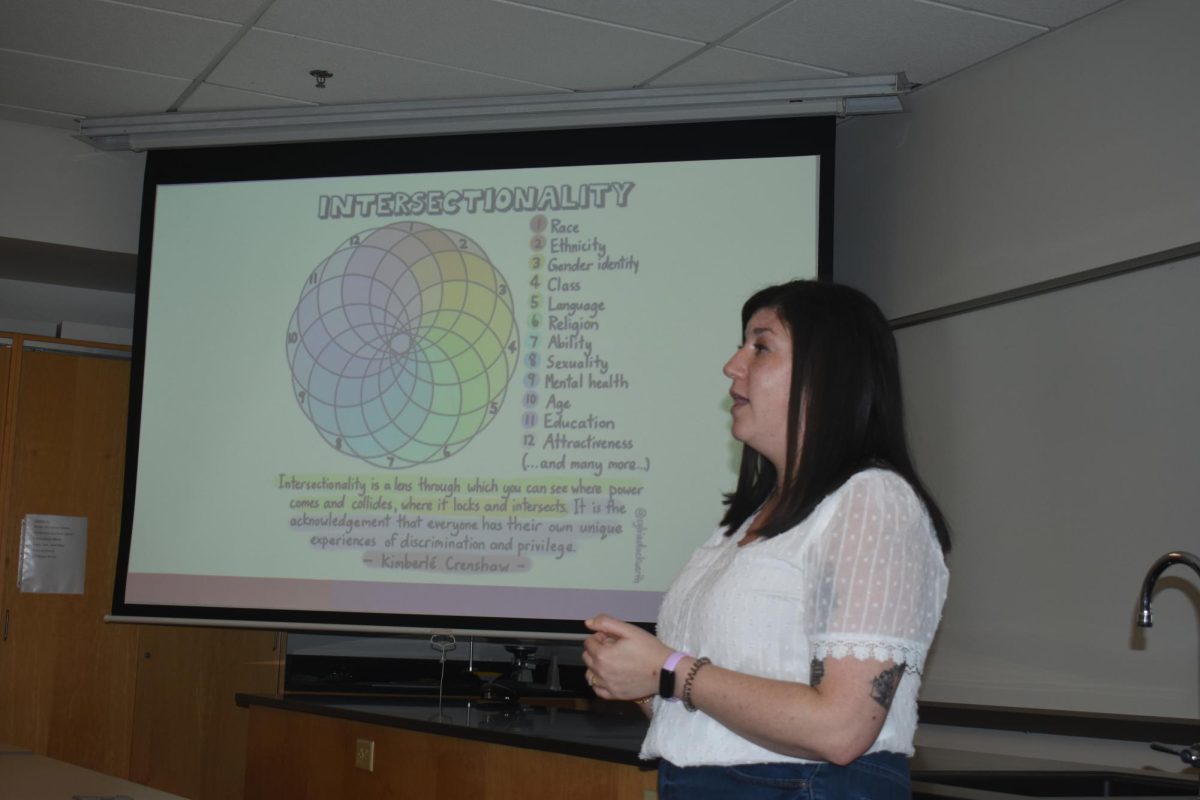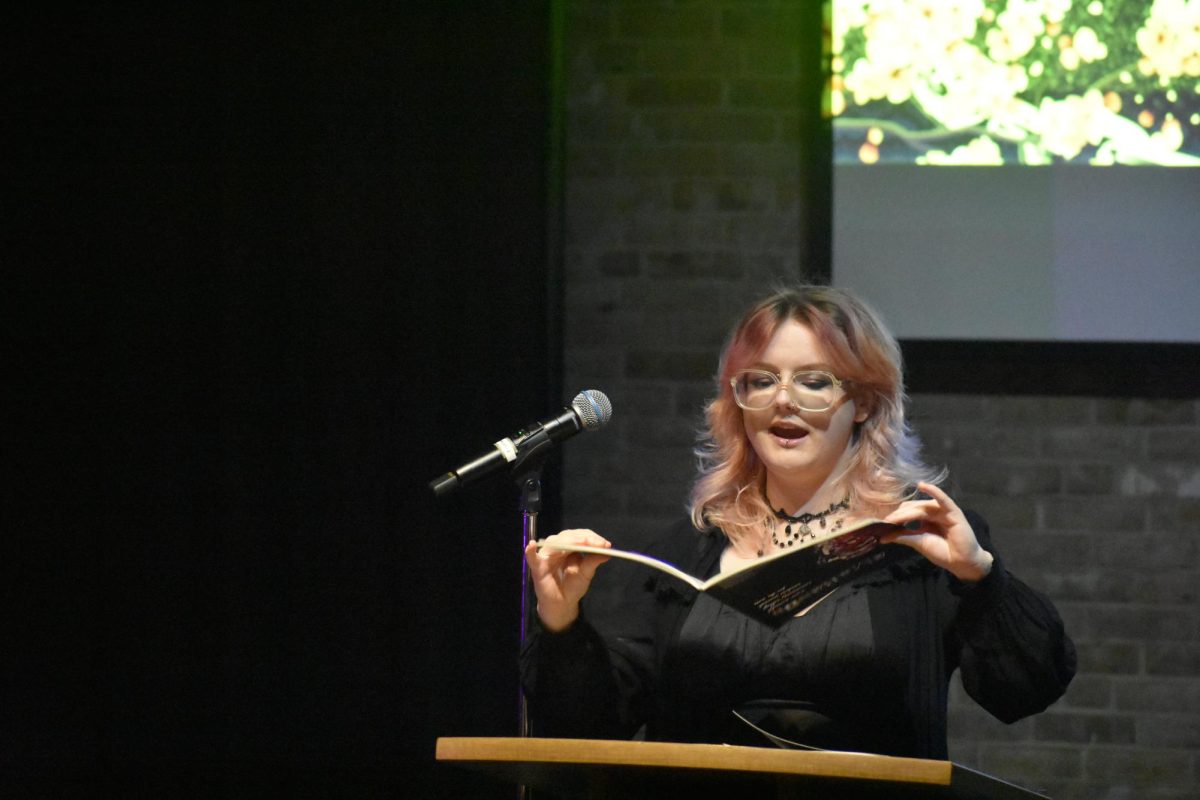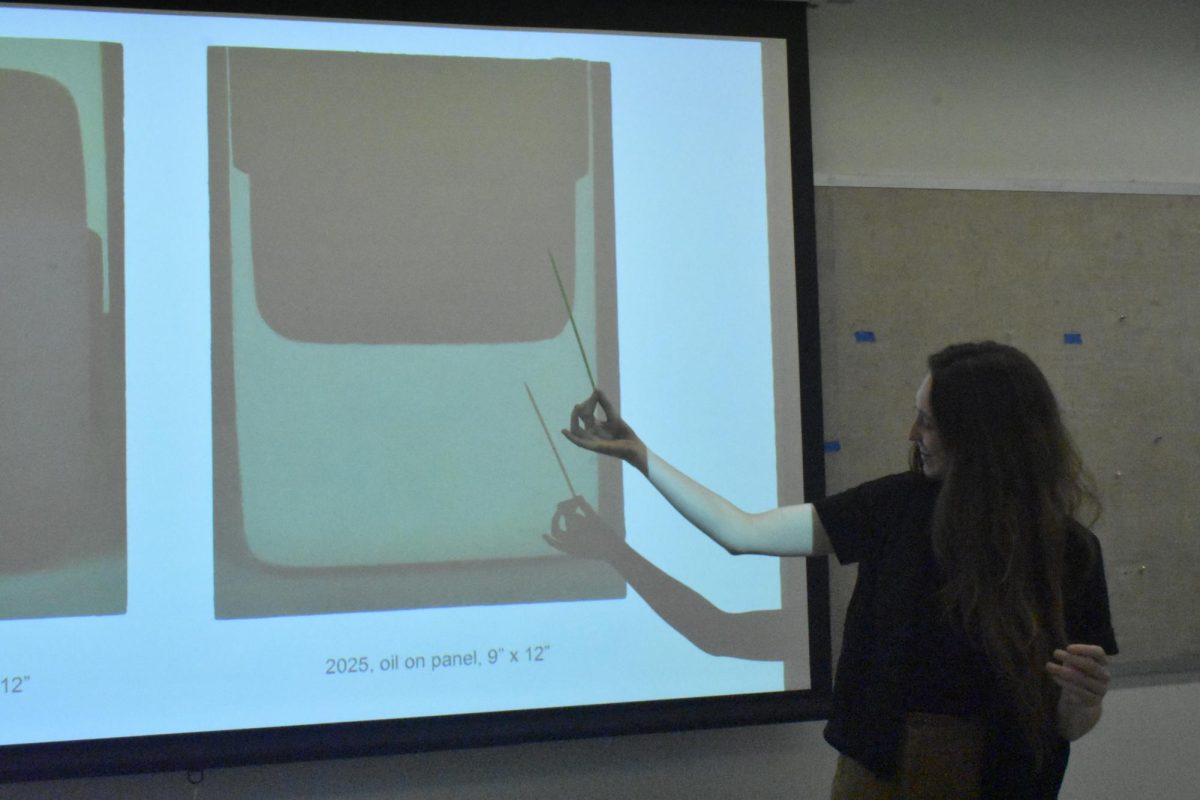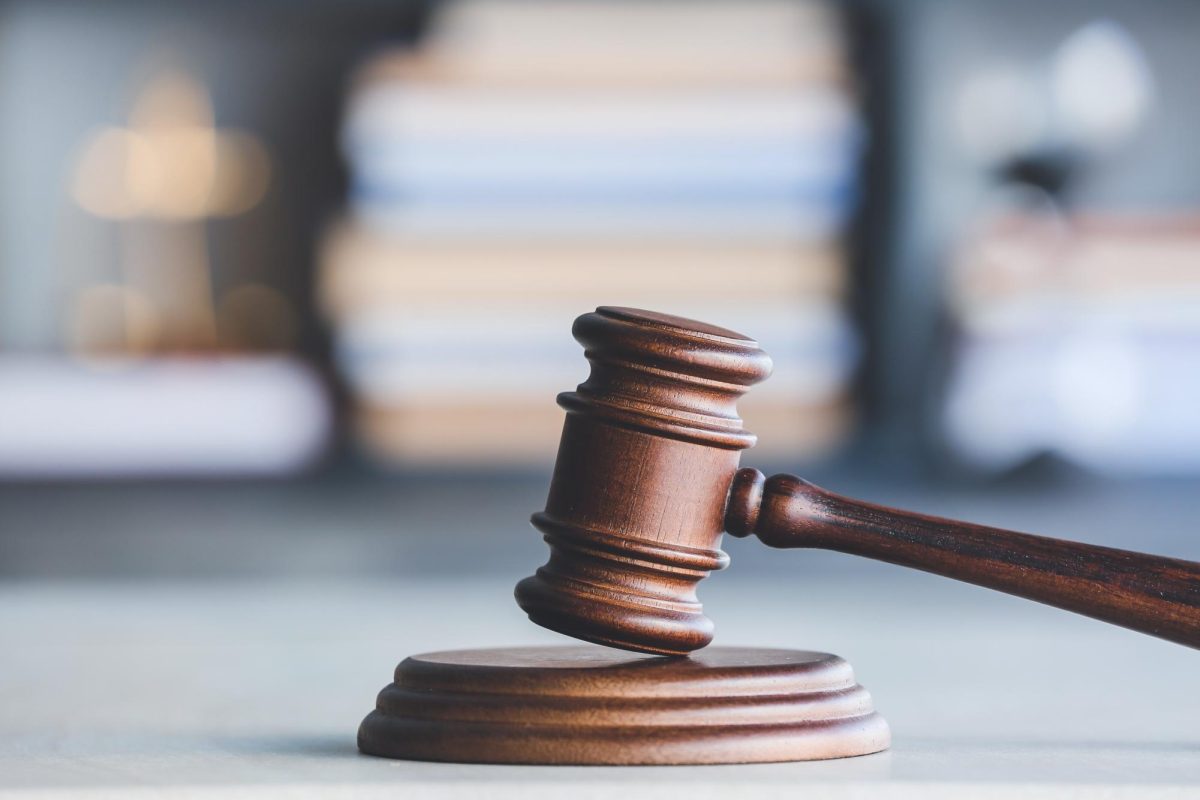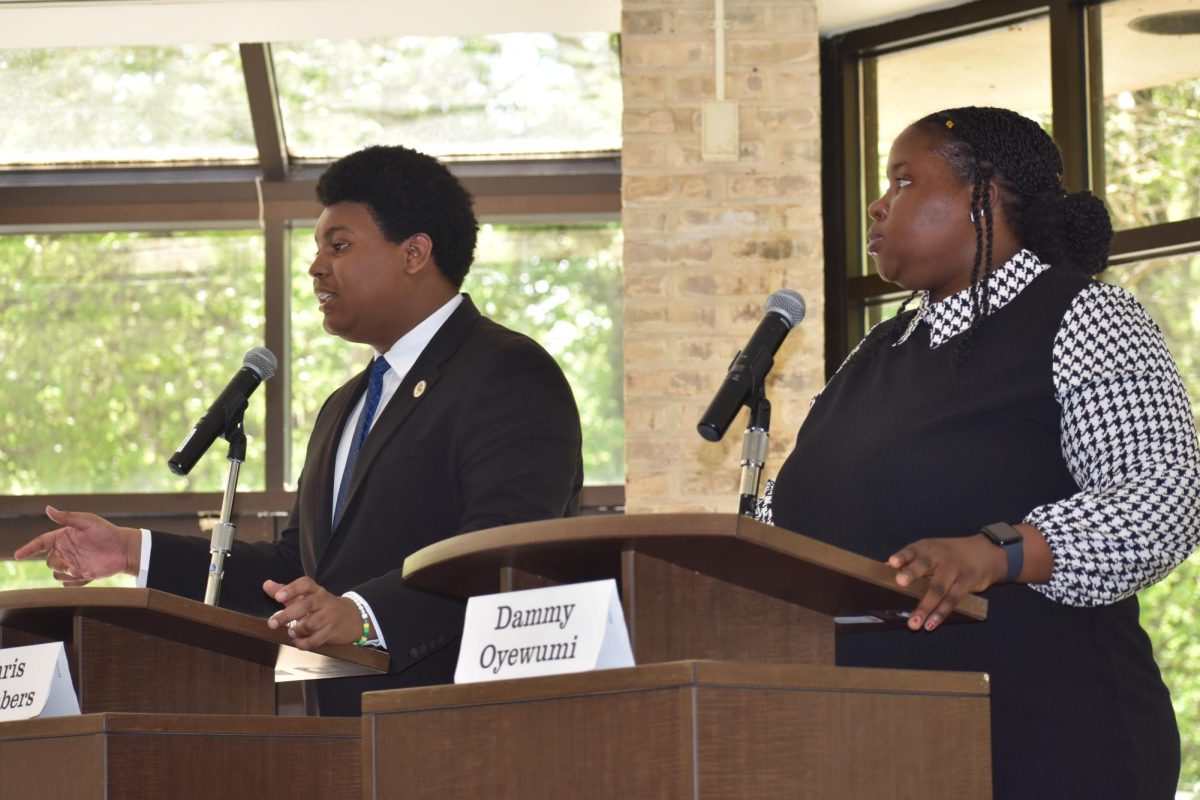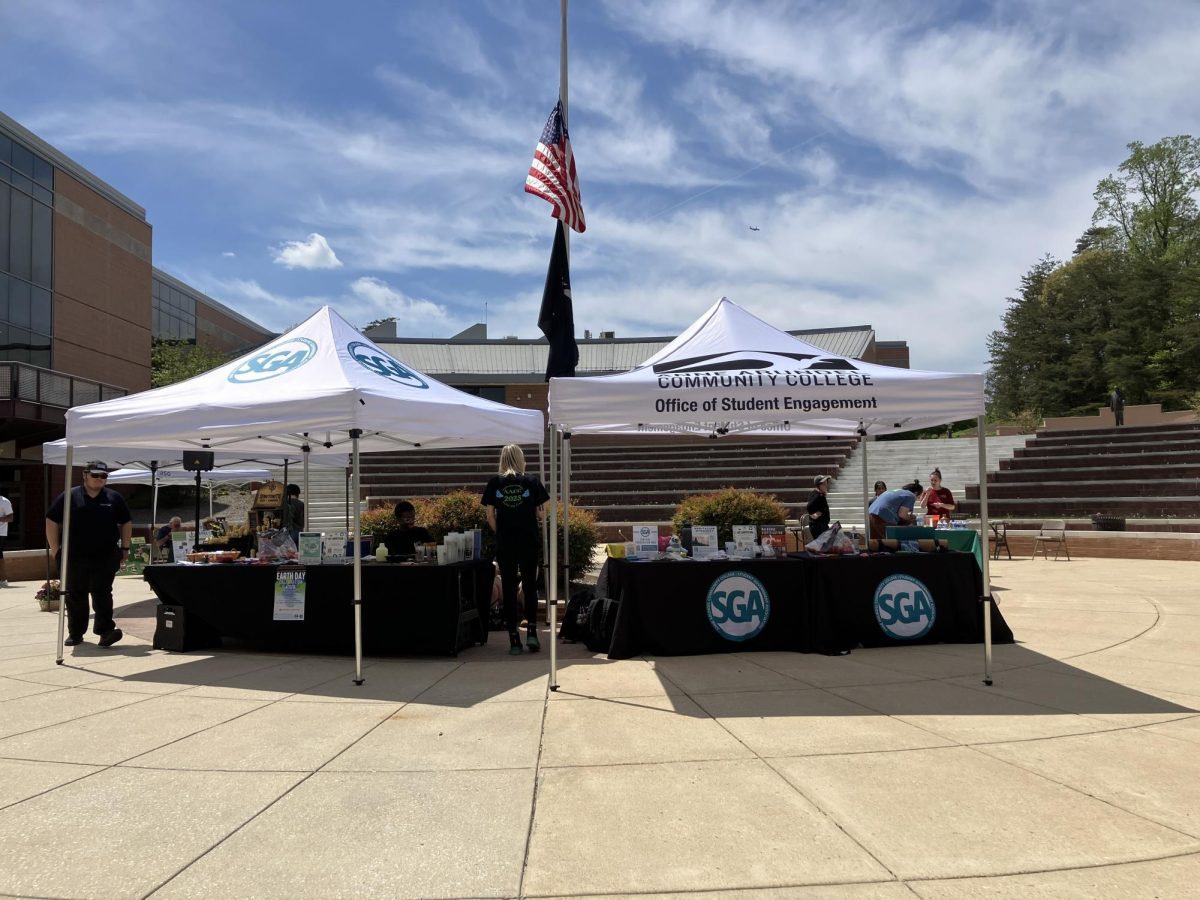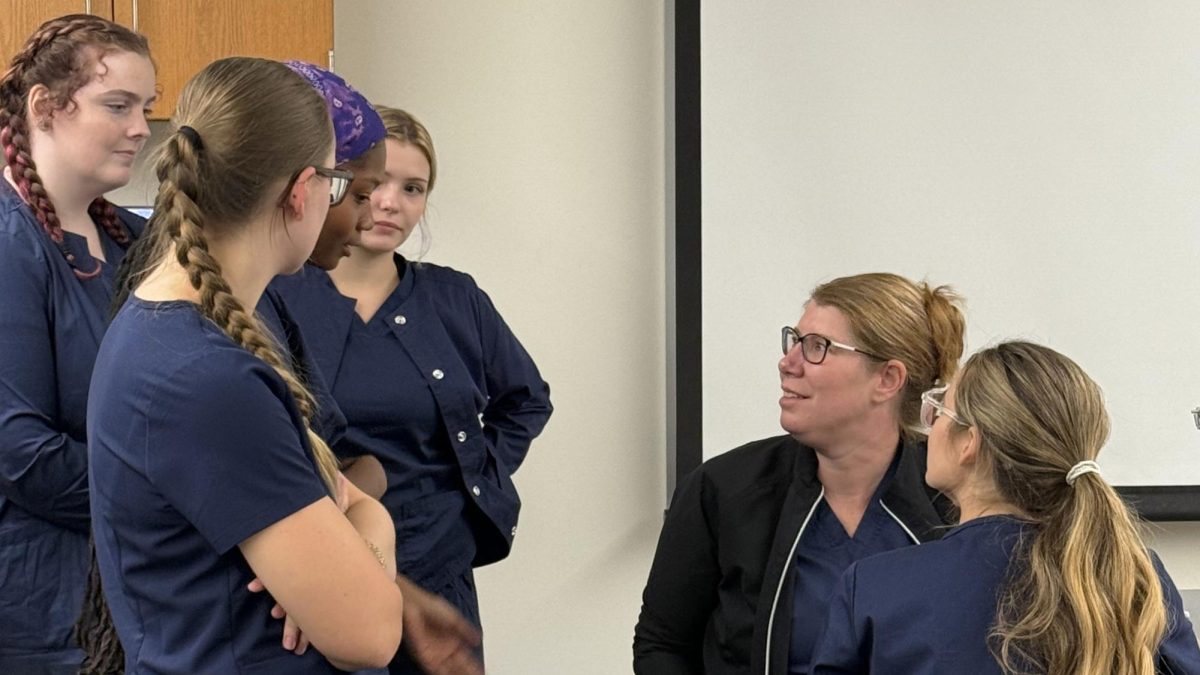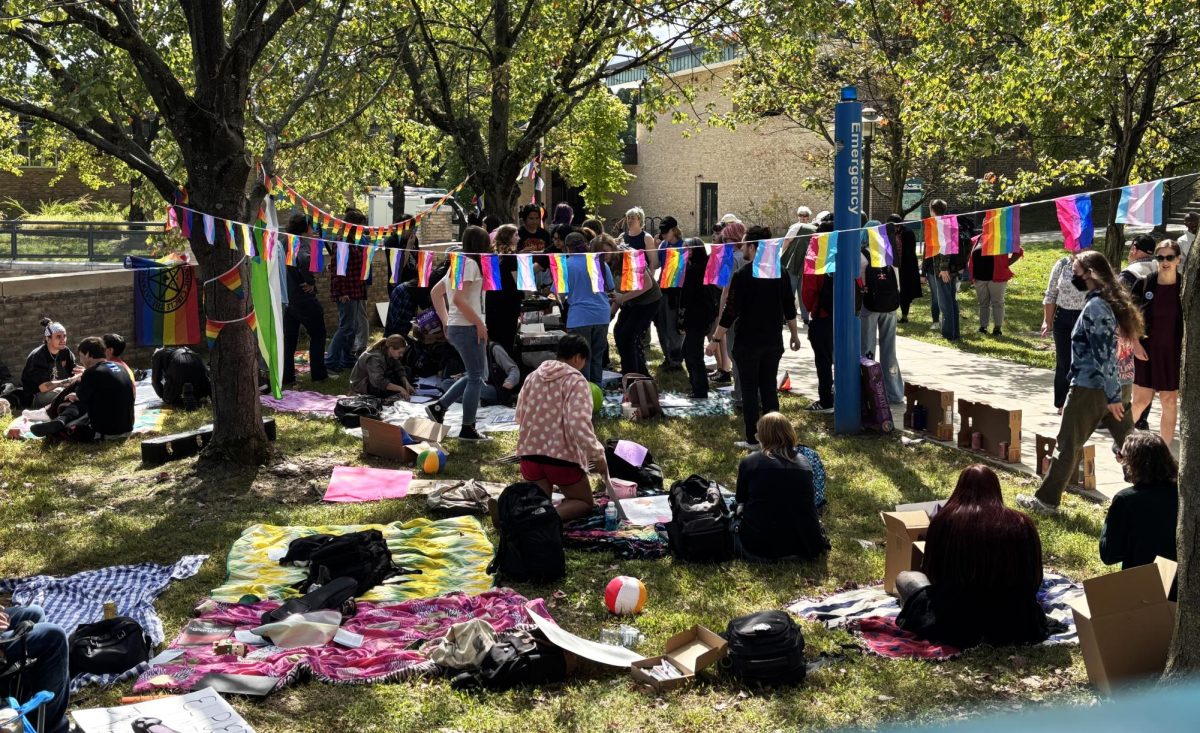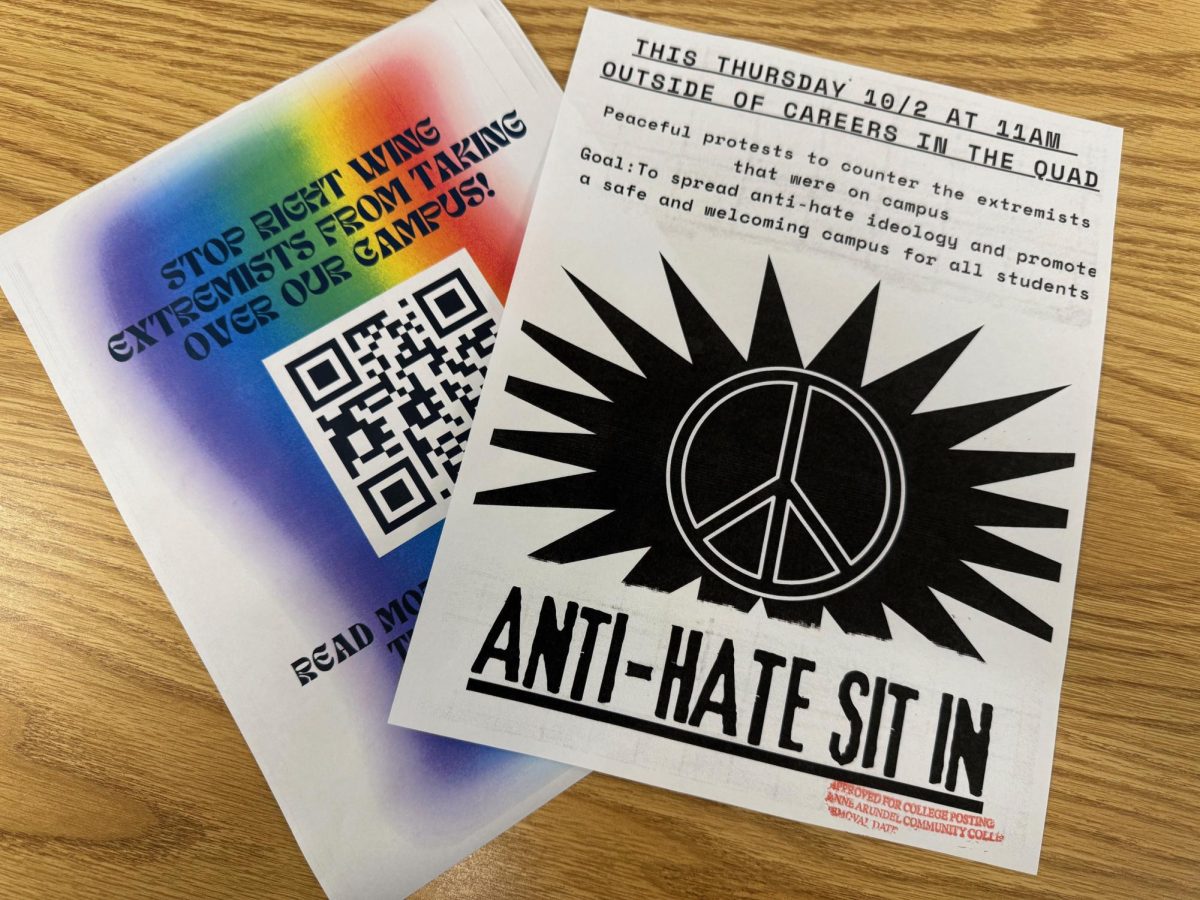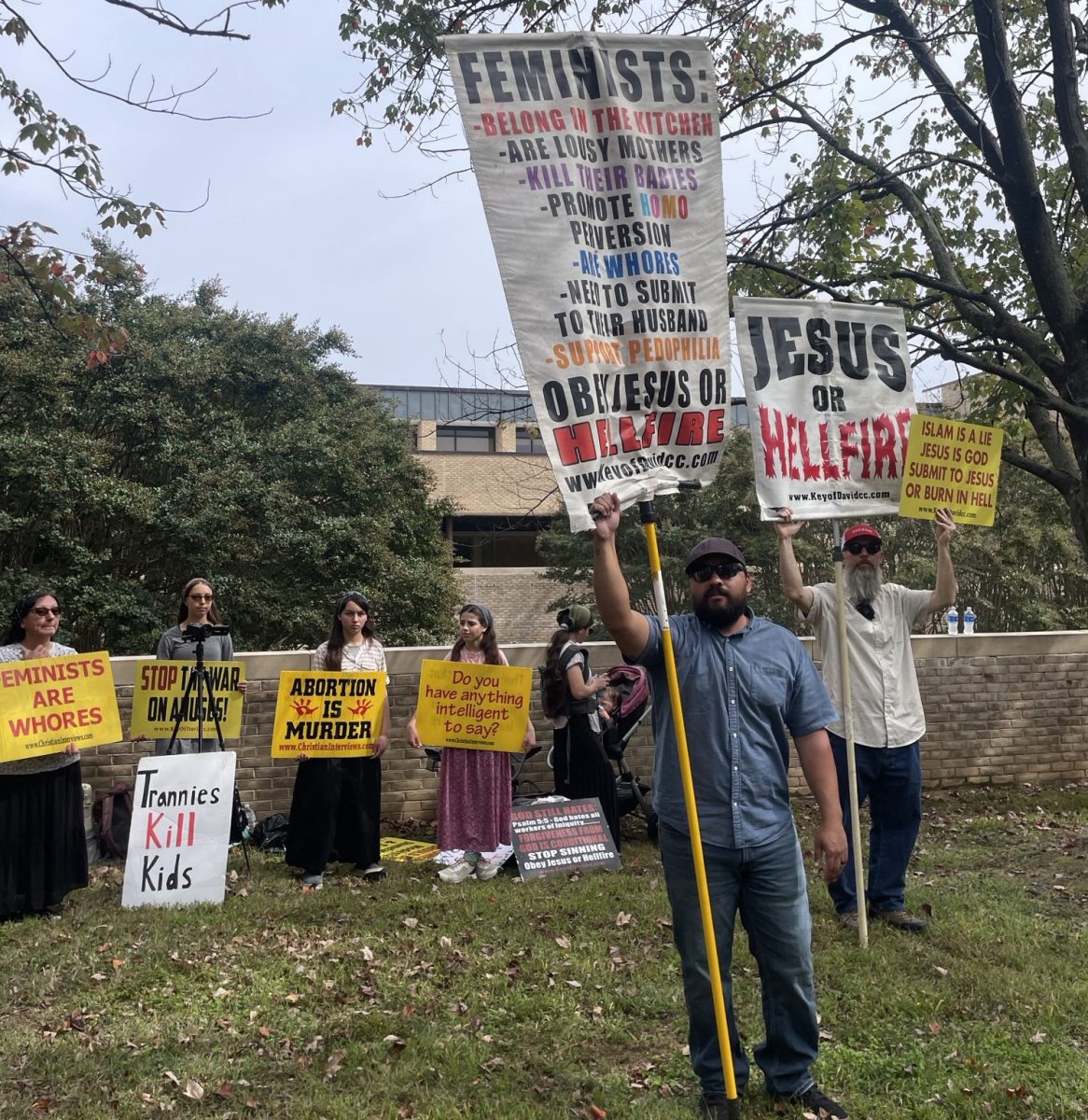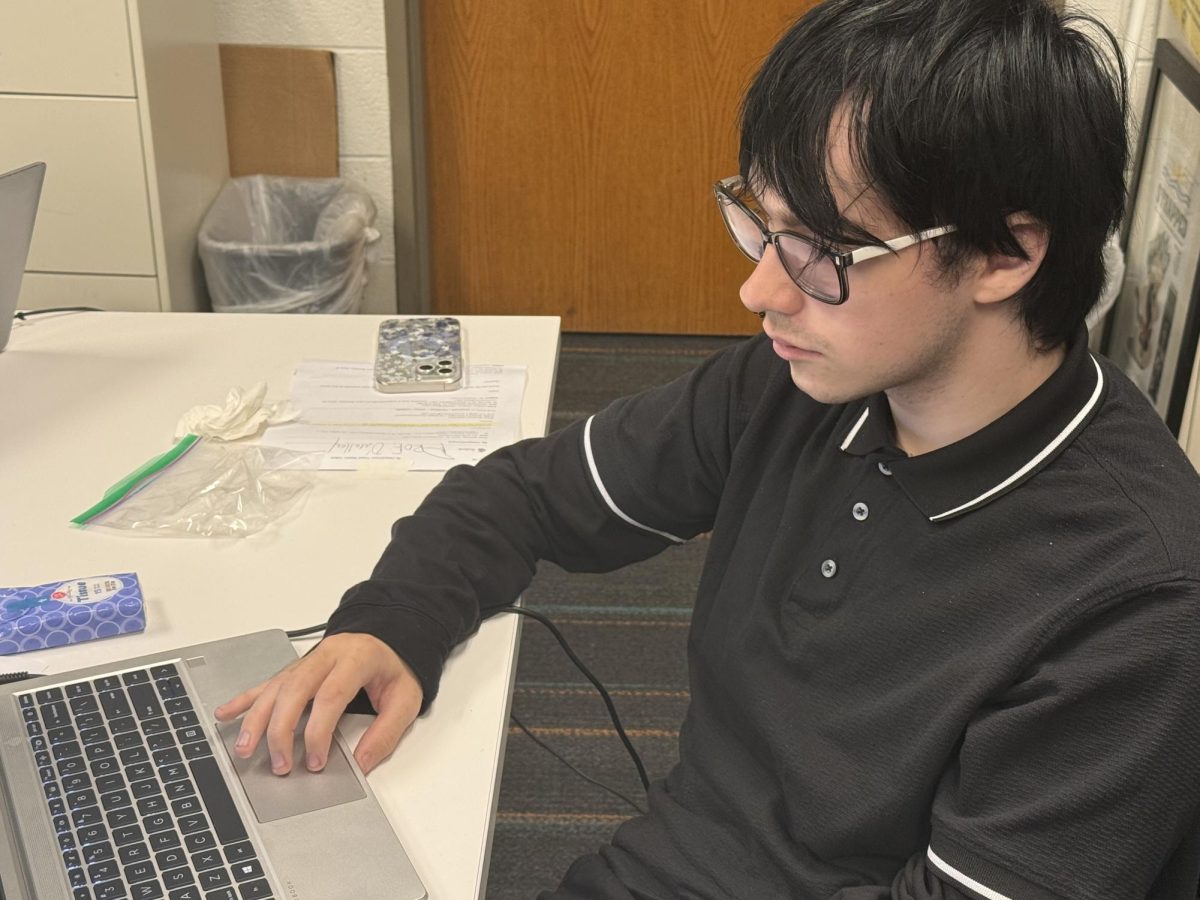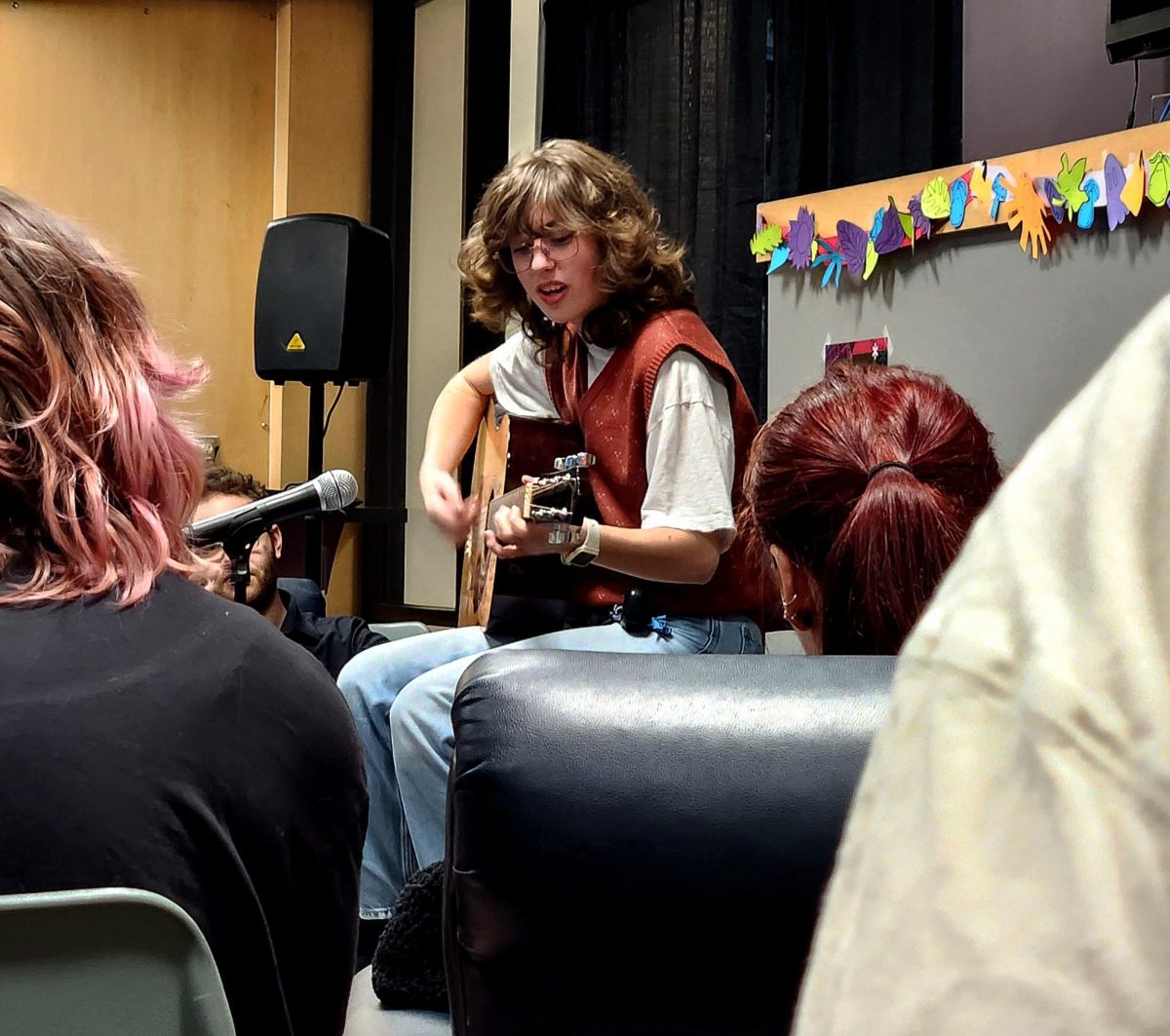The biases that children learn from their parents can affect the way they make decisions as adults, a campus speaker told students at an event on Wednesday.
And cyber crooks can exploit those biases to convince students and others to to give up passwords, money and sensitive information, Caitlin Silver-Negron, the campus coordinator of inclusive excellence, said.
“It is exhausting to make decisions all the time,” Silver-Negrón said. “There’s a lot of mental fatigue that” can affect how we make decisions and that “can affect the work that we do.”
“It can be very easy to forget how serious these threats can be,” Silver-Negrón said.
She added that biases can make cybersecurity specialists more inefficient or ineffective.
“This can be really frustrating because sometimes [they are] overlooking options that are better fits or that will better serve the whole,” Silver-Negrón said. “Sometimes those in power are making decisions based on their biases … and then we’re not getting the best information [and] we’re not updating to the best systems.”
Silver-Negrón said mindfulness is a way that students can confront their biases.
“Pause, be mindful [and] address how your actions and your words to a situation are going to look,” Silver-Negrón said. “In a situation where someone’s been impacted by a bias in the workplace or in your personal life, taking a second to take on their perspective” is important.
Silver-Negrón added when students are asking themselves questions that challenge their assumptions, they are also addressing their biases.
“None of us are perfect,” Silver-Negrón said. “The best thing we can do is accept that and commit to just being a little bit better tomorrow than we are today.”
According to Silver-Negrón, no one is immune to cognitive biases but they can become aware of them and work to make sure it doesn’t affect how they make decisions.
“Sometimes lessons were taught to us as children that we don’t even realize were taught to us because we were taught through behavior, not specific words,” Silver-Negrón said. “Sometimes we’re given messages that we are unaware we’ve gotten [and] it’s just kind of ingrained into us and that’s a very, very hard thing to reconcile.”
Aiden McKnight, a second-year homeland security intelligence analytics student, said it was “very helpful” to learn that everyone has biases.
“If you acknowledge the fact that you do and look at other sources that you normally wouldn’t look towards, you can learn a lot more,” McKnight said.
Joshua Kunes, a first-year homeland security student, agreed, saying, “Everyone should have an open mind” when addressing their biases.
Second-year homeland security student Cynthia Vining said the event encouraged her to question reality.
The Homeland Security and Criminal Justice Institute and the School of Business and Law hosted the event.



